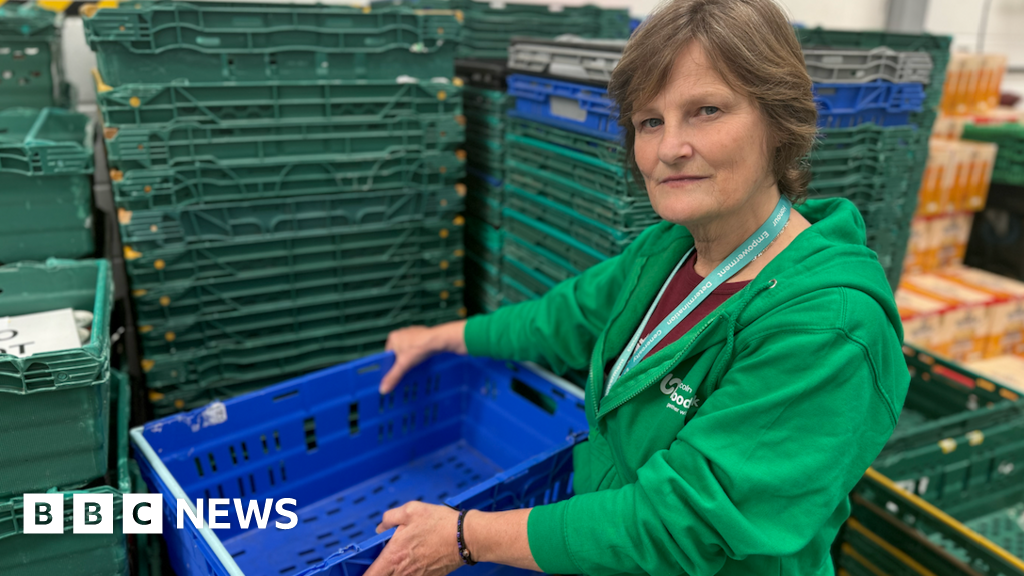ARTICLE AD BOX
 Image source, Getty Images
Image source, Getty Images
By Jemma Dempsey
Business reporter, BBC News
Falling food costs helped shop price inflation ease to its lowest level in more than two years, figures show.
The British Retail Consortium (BRC), which represents supermarkets, said the rate at which prices were rising had almost halved to 1.3% in March - down from 2.5% in February.
But it said Easter treats remained more expensive than in previous years because of high cocoa and sugar prices.
It is the tenth month in a row food price inflation has fallen.
Overall, food prices are 3.7% higher than they were a year ago, down from 5% in February, the BRC said.
Inflation on goods other than food fell to 0.2% in March, down from 1.3% a month earlier. Overall price inflation in the UK, the rate at which prices rise, is currently 4%, meaning the cost of living is 4% more expensive on average compared with last year.
The BRC said retailers had competed "fiercely" on deals, especially in the lead up to Easter.
Prices for dairy products and chocolate were lower in March, while price tags on electrical goods, clothes and shoes also dropped as a result of promotions.
However, the industry trade body's chief executive Helen Dickinson said the downward trend could come to a halt as a result of changes to regulations, post-Brexit border checks and staffing costs.
"These costs include a 6.7% business rates rise, ill-thought-out recycling proposals, and new border checks - all at the same time as the largest rise to the National Living Wage on record," she said.
The minimum wage set by the government, known as the National Living Wage, increased by more than £1 for the first time, providing a boost for 2.7 million low-paid workers.
The wage rate rose on 1 April from £10.42 to £11.44 for over-21s.
In preparation for the new minimum wage, many supermarkets, including Tesco, Sainsbury's, Asda, Aldi, Lidl and M&S increased pay for staff outside of London to £12 per hour.
Mike Watkins, head of retailer and business at Insight, NielsenIQ which also compiled the BRC's report, said the fall in food price inflation was "to be expected".
He said it was "helped by intense competition amongst the supermarkets as they look to drive footfall, with focussed price cuts and promotional offers earlier in the month for Mother's Day and now again in the weeks leading up to Easter".

 1 year ago
93
1 year ago
93








 English (US) ·
English (US) ·